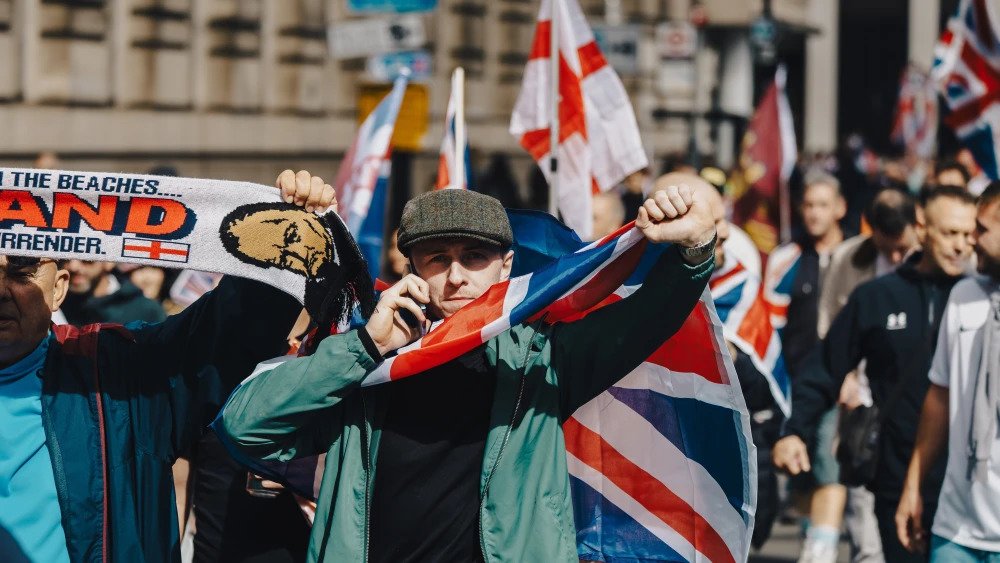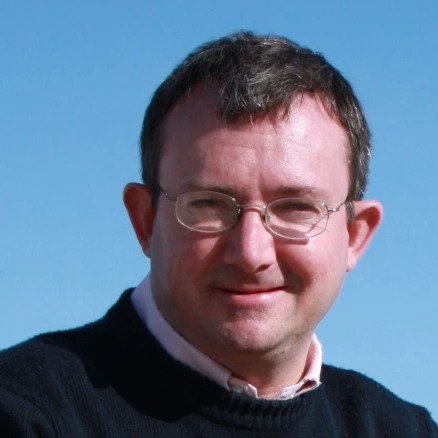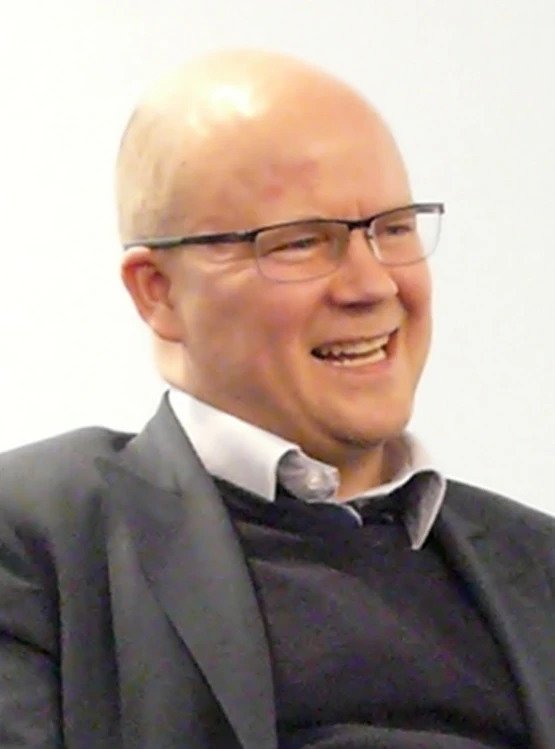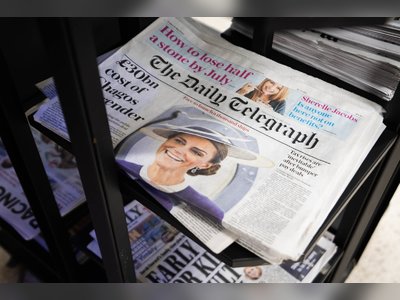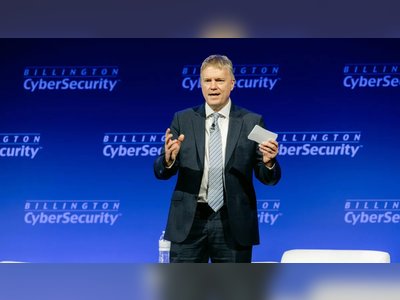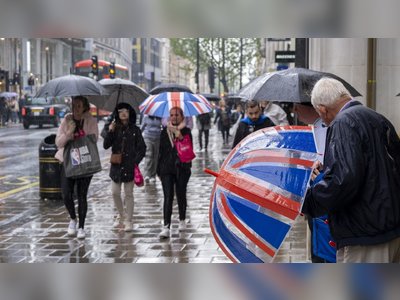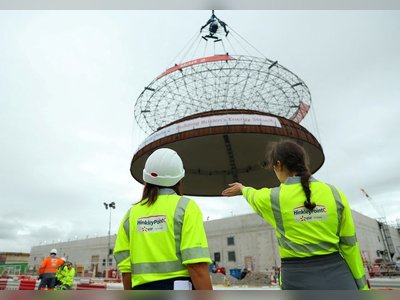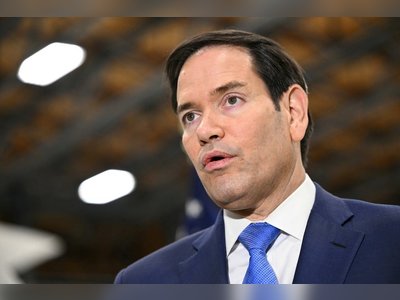UK Tribunal Recognises Criticism of Islam as Protected Belief in Landmark Free-Speech Ruling
Judge finds commentator’s ‘Islam-critical’ views qualify for protection under Equality Act 2010, setting new precedent
An employment tribunal in London has ruled that the right to hold and express critical views of Islam is protected under UK law, marking a historic moment for free expression.
The case involved veteran actuary Patrick Lee, who resigned from the Institute and Faculty of Actuaries (IFoA) in 2020 after social-media posts describing Islamic doctrines as “a dangerous cult” and its founder as “a monster”.
Lee’s posts triggered a disciplinary process by the IFoA, which in April 2025 found him guilty of professional misconduct and ordered him to pay £22,667 in costs.
He appealed on the grounds that his criticism of Islam was a philosophical belief protected under the Equality Act 2010. Employment Judge David Khan handed down a preliminary judgment on 3 November 2025, deciding that Lee’s belief—that unreformed Islam is problematic for Western liberal democracies—met the legal criteria and therefore qualified as a protected belief.
The judge found Lee to be a credible witness and ruled that his postings were not inherently incompatible with the belief he asserted.
The decision comes after the 2021 landmark ruling in Forstater v Centre for Global Development Europe, which recognised “gender-critical” beliefs as protected.
In this case, a final hearing in February 2026 will determine whether Lee’s specific expressions of his belief were legitimate manifestations and whether the IFoA unlawfully discriminated against him.
Meanwhile, free-speech advocates say the judgment has far-reaching implications, potentially limiting the government’s ability to adopt a statutory definition of “Islamophobia” that might prevent robust criticism of Islamic doctrines.
Institutions and employers now face a shifting landscape: the ruling distinguishes between criticism of religious doctrine and discrimination against individual believers, and it requires that regulation of speech reflect that distinction.
The IFoA responded that the disciplinary process remains underway and declines further comment while proceedings continue.
For Patrick Lee, the ruling is a vindication of his professional and personal stance: he called free expression “the bedrock of democracy” and warned that professionals must not be silenced on matters of ideology and doctrine.
With the final tribunal hearing approaching, the case is expected to influence university policy, regulatory discipline and debate around religion, expression and belief in the UK.
The case involved veteran actuary Patrick Lee, who resigned from the Institute and Faculty of Actuaries (IFoA) in 2020 after social-media posts describing Islamic doctrines as “a dangerous cult” and its founder as “a monster”.
Lee’s posts triggered a disciplinary process by the IFoA, which in April 2025 found him guilty of professional misconduct and ordered him to pay £22,667 in costs.
He appealed on the grounds that his criticism of Islam was a philosophical belief protected under the Equality Act 2010. Employment Judge David Khan handed down a preliminary judgment on 3 November 2025, deciding that Lee’s belief—that unreformed Islam is problematic for Western liberal democracies—met the legal criteria and therefore qualified as a protected belief.
The judge found Lee to be a credible witness and ruled that his postings were not inherently incompatible with the belief he asserted.
The decision comes after the 2021 landmark ruling in Forstater v Centre for Global Development Europe, which recognised “gender-critical” beliefs as protected.
In this case, a final hearing in February 2026 will determine whether Lee’s specific expressions of his belief were legitimate manifestations and whether the IFoA unlawfully discriminated against him.
Meanwhile, free-speech advocates say the judgment has far-reaching implications, potentially limiting the government’s ability to adopt a statutory definition of “Islamophobia” that might prevent robust criticism of Islamic doctrines.
Institutions and employers now face a shifting landscape: the ruling distinguishes between criticism of religious doctrine and discrimination against individual believers, and it requires that regulation of speech reflect that distinction.
The IFoA responded that the disciplinary process remains underway and declines further comment while proceedings continue.
For Patrick Lee, the ruling is a vindication of his professional and personal stance: he called free expression “the bedrock of democracy” and warned that professionals must not be silenced on matters of ideology and doctrine.
With the final tribunal hearing approaching, the case is expected to influence university policy, regulatory discipline and debate around religion, expression and belief in the UK.
